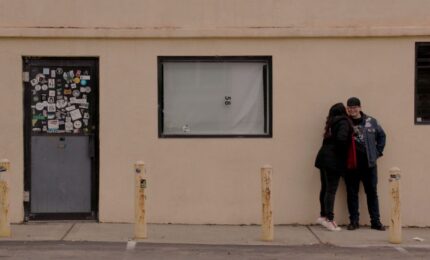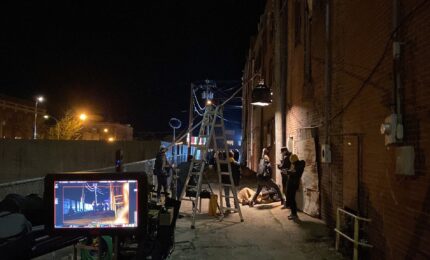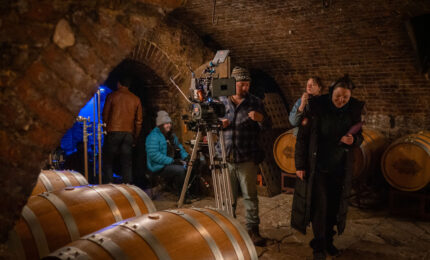Interview with Sarah Haas, Line Producer for Apple TV+ Documentary, Girls State
By Grace Smith | April 5, 2024
Girls State is a documentary that premiered in January of 2024 at the Sundance Film Festival, and is a look at what American democracy would look like in the hands of teenage girls. Young female leaders from wildly different backgrounds navigate an immersive experiment to build a government from the ground up.
The film was produced during the annual Girls State Program in the summer of 2024 at Lindenwood University. Notably, it was the first time in the history of the programs in Missouri that both the Girls State and Boys State Programs were conducted in the same location at the same time.
We caught up with Line Producer of the doc and Missouri Native, Sarah Haas to learn more about her experience working on the film.
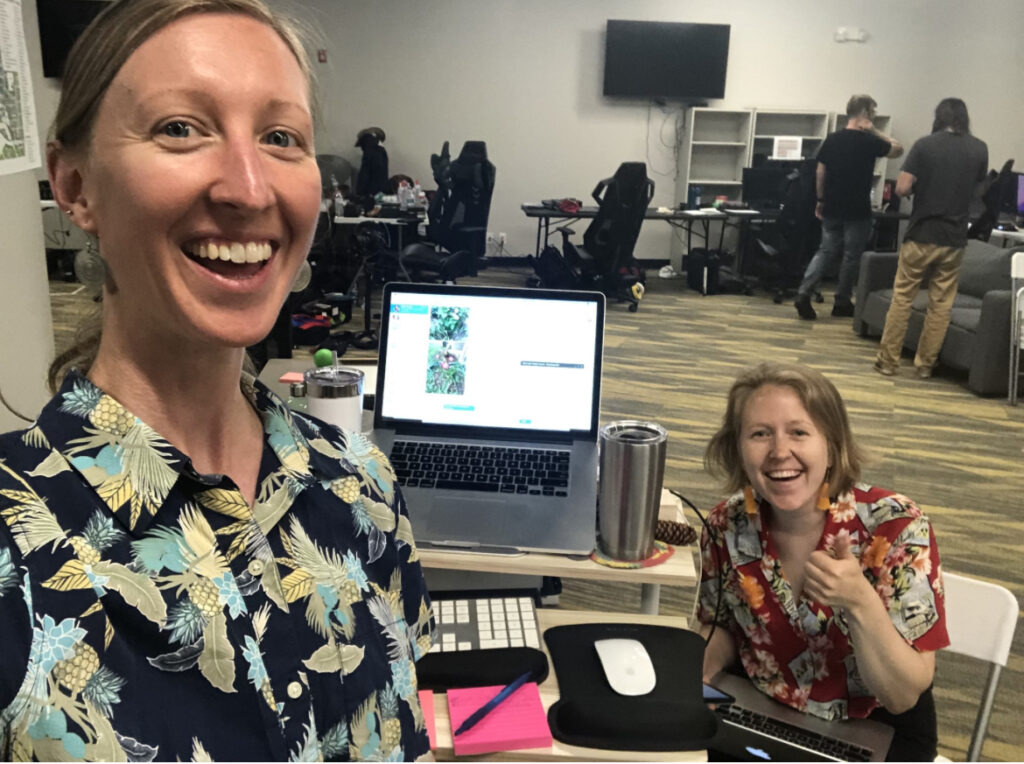
Please tell us a little bit about your role in this film. How was this similar or different to other films you have worked on in the past?
For Girls State I was the Line Producer and during production I also acted as production manager meaning I handled the crew onboarding and management. In preparation for filming I collaborated with the directors, Amanda McBaine and Jesse Moss, on selecting crew and filling out each department. Line producing involves managing the entire film’s budget (lines) and overseeing spending, coding, and accounts. My counterpart at Concordia Studio at that time set me up for success with a well planned budget developed with the directors that I implemented through the end of post production. After we wrapped filming, I remained in a remote role to manage the budget through the edit and final delivery. This is an expanded role for me. Previously I’d been managing or coordinating production which were roles that ended shortly after the last day of filming. My prior producing roles were on short films or features on a smaller scale than Girls State.
This film was fairly logistically complicated, due to the number of subjects you were following, and the fact that most if not all were minors. How did this affect your position?
From the start we had background checks for each crew member and explicit policies to never be alone with a minor. The directors also prioritized safety and accountability by pairing a female crew member with a male crew member so that if the cinematographer was male, the sound operator was female and this helped the girls feel comfortable in their spaces. From a logistical standpoint, I had a blast figuring out how to keep track of our crew and relay important directions. There were 6 cinematographers paired with sound mixers and each pair was added to a WhatsApp group chat with production support like Katie Keppell, our production coordinator, so if they needed a fresh battery or water we could ask their location and send a production assistant. This was in lieu of walkie talkies since the crew needs to be fully tuned into their person’s storyline. It was a flurry of conversation in the first few hours of the day and during each event transition since each girl had different classes and priorities. While the crew was out for nearly 14 hours each day of the program, we still followed healthy working practices like regular meal breaks and available snacks in our production office at the center of campus.
This film is marketed as a “Sibling Film” to Boys State. Did you work on that project as well? How do you think the connection to the other film affected the production and distribution of this one?
I didn’t work on Boys State, but I have a distinct memory of watching it as soon as it hit Apple TV+ in 2020 and then saying out loud to my friends, “if there’s ever a Girls State, I want to work on that!” What a dream come true thanks to a recommendation to the directors from one of my favorite documentary cinematographers, Emily Topper, who I worked with on The First Step. I’ve heard Amanda and Jesse tell the story of Boys State selling to Apple with the hopeful intention that they’d begin developing the sibling film, Girls State, so it was a natural partnership. Apple greenlit production of the feature in early 2022 so we could be on location at Lindenwood University by May. The directors used what they had learned while making Boys State to improve on a few things like prioritizing sound mixers in the field, adding a few more cameras, and ensuring our production office was outfitted with giant white boards to track story lines and keep track of daily schedules per girl.
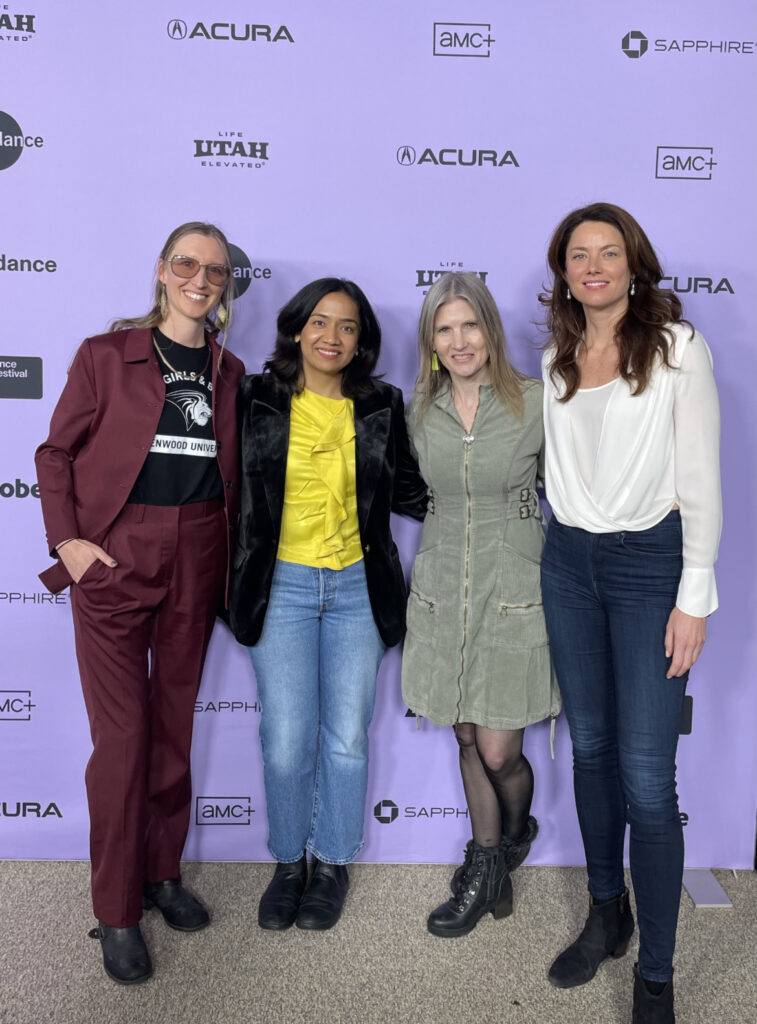
What was it like seeing this film premiere at Sundance?
Going to the Sundance Film Festival with Girls State was another dream come true! It premiered in the first time slot at the largest theater in Park City and was honored to have the festival’s artistic director, Eugene Hernandez, introduce the film as a kick-off to the 40th Sundance. The girls were in attendance along with several crew and the directors. I traveled with a group of friends who cheered me on. What a thrill! It was a celebration of a job well done and I was so proud of the entire team, and especially the editor, Amy Foote, who worked with our post team to bring out each girl’s story with respect and dignity. The added bonus was that this film centers the stories of girls from my home state of Missouri.
What advice do you have for up and coming documentary producers?
For those who are getting started out producing documentaries, I’d say each project is so unique and preparation is key. Use every opportunity to learn and start with short films that are close to home to hone your skills. When considering directors to partner with, keep in mind that the process takes a few to several years, and even when it’s complete in the edit, there’s more work and new energy you’ll need to bring. Keep at it.
Girls State premieres today, April 5th, 2024, on Apple TV+.

